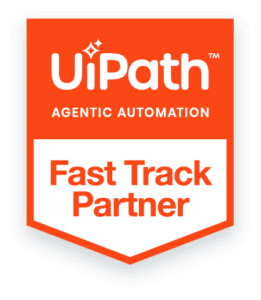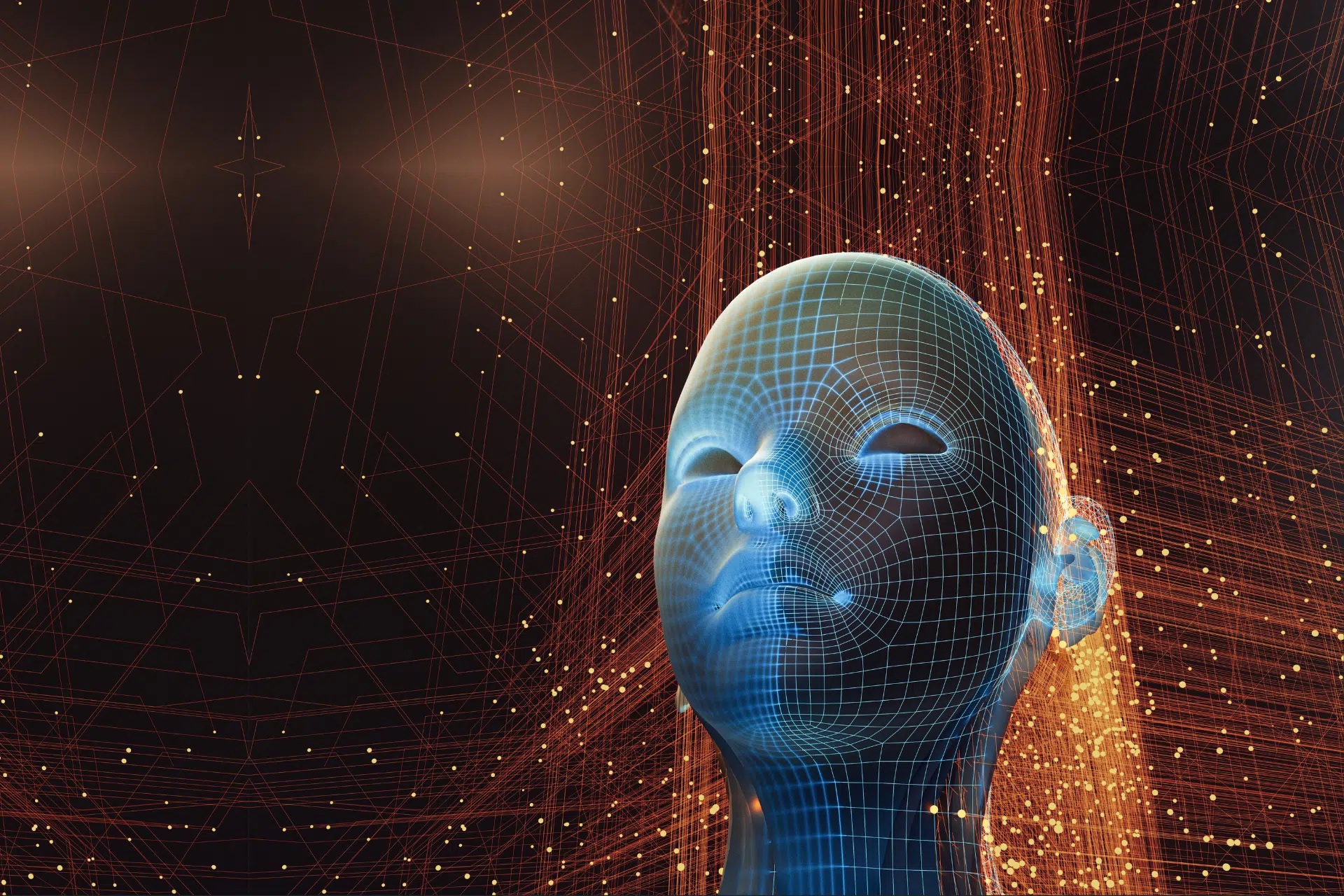Leading technology service provider Tecala today announced it has been honoured with a UiPath Agentic Automation Fast Track Partner.
This recognition is granted to select UiPath partners that have received early access and training in agentic automation capabilities from UiPath, that have identified use cases and scenarios for customers where agents can help augment end-to-end process automation, and that have contributed to further development of UiPath agentic automation solutions.
The badge of distinction for UiPath Agentic Automation Fast Track Partners demonstrates an outstanding commitment from UiPath partners to deliver an orchestrated enterprise for customers through a combination of AI agents, robots, people, AI models and other tools to orchestrate and automate end-to-end enterprise processes.

Tecala has been a UiPath partner since 2018, is a UiPath Platinum Partner and the first UiPath Partner in Australia and New Zealand to be awarded these esteemed UiPath Services Network (USN) accreditation.
Shaun Leisegang, General Manager – Automation, Data and AI, Tecala said, "At Tecala, we believe the future belongs to the dream team: Robots, AI Agents, and People working together in harmony. Being recognised as a UiPath Agentic Automation Fast Track Partner is not just an achievement — it’s a signal to our customers that we’re leading from the front. With UiPath’s agentic capabilities, we’re unlocking a new frontier of intelligent automation that empowers people, augments decisions, and delivers real business transformation. The agentic era has arrived — and we’re proud to be shaping it."
People have long turned to robots for automating repetitive tasks, freeing themselves to focus on more fulfilling and important work. Businesses have embraced automation to streamline operations, cut costs, and improve customer experiences. However, traditional automations have been less effective on complex, unstructured processes where intelligent decision-making is needed. Now, a new era for automation — agentic automation — accelerates these advancements by combining AI, automation, and orchestration, giving agents the power to plan, work, and make decisions with minimal human oversight.
Agentic automation expands the automation potential of all organizations by placing focus not just on individual tasks, but on entire end-to-end processes. UiPath is the industry’s first enterprise-grade platform for agentic automation designed to transform the way humans work. The UiPath Platform accelerates the shift toward a new era of agentic automation—one where agents, robots, people, and models integrate seamlessly to enable autonomous processes and smarter decision making.
“I’m thrilled to congratulate Tecala on its recognition as a UiPath Agentic Automation Fast Track Partner” said Ashim Gupta, Chief Financial Officer and Chief Operating Officer at UiPath. “Our partners play a critical role in the agentic future of UiPath, from identifying use cases to providing product feedback to co-innovating to help solve customer challenges. IDC forecasts a total market opportunity for agentic automation of $14 billion by 2028. As the market rapidly expands, partners can shape it and seize a first mover advantage. Tecala has earned this distinction by receiving hands-on training with our agentic solution, Agent Builder, and establishing their commitment to ushering in the agentic era for customers.”
The UiPath Partner Program enables partners to gain a competitive advantage, to grow their business and to increase profitability. UiPath is the industry’s only end-to-end automation platform and is designed to transform the way humans work. The UiPath Platform accelerates the shift toward a new era of agentic automation—one where agents, robots, people, and models integrate seamlessly to enable autonomous processes and smarter decision making. With a focus on security, accuracy, and resiliency, UiPath is committed to shaping a world where AI enhances human potential and revolutionises industries.
The critical difference between traditional AI and agentic AI, is that traditional agents, like those used in RPA, rely on predefined rules and scripts to automate repetitive, structured tasks.
In contrast, autonomous AI agents use artificial intelligence to make decisions as they execute tasks. They adapt to changing circumstances, learn from new data generated during the process, and handle unstructured tasks or complex data, allowing them to adapt to fluid or changing situations.
What this means, is that autonomous agents can adjust their actions based on what’s happening around them – i.e., without people needing to get involved.




